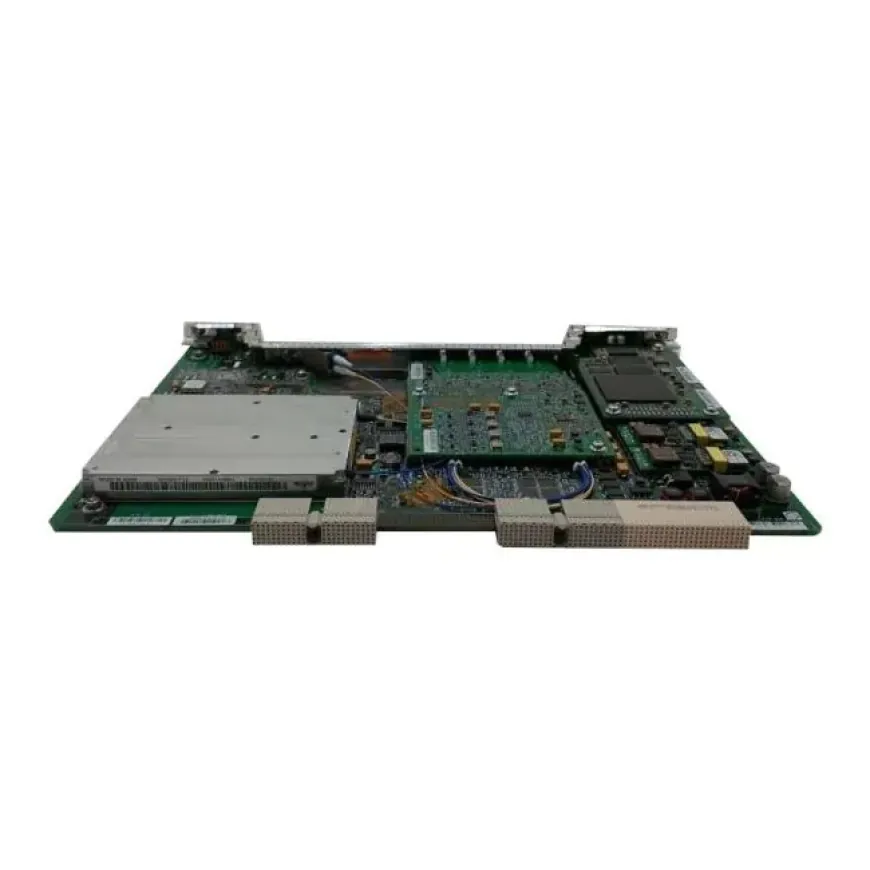Essential PC Parts and Network Accessories for a Seamless Experience

In today's world, building your own personal computer (PC) has become a popular and rewarding endeavor. Whether you are a gamer, a creative professional, or someone who needs a powerful machine for daily tasks, assembling a custom PC allows you to tailor it to your specific needs. However, choosing the right PC parts is crucial to ensure optimal performance. Alongside this, investing in network accessories can further enhance your computer's efficiency, especially in a connected world where online speed and stability matter more than ever.
Why Build Your Own PC?
Building your own PC offers several advantages over purchasing a pre-built system. First, you have complete control over the PC parts you choose, allowing you to select components that meet your needs, budget, and future upgrade possibilities. Additionally, assembling a computer from scratch can save you money, as you can often find deals on individual components. Beyond that, building a PC provides the satisfaction of creating something yourself and learning more about how computers work.
Essential PC Parts You Need to Consider
When building a computer, there are several key components or PC parts that you need to focus on. These are the building blocks of any system, and choosing the right ones is critical for your PC’s performance and longevity.
1. Central Processing Unit (CPU)
The CPU is often referred to as the brain of the computer. It handles most of the processing tasks, and its power determines how fast and efficiently your computer can run. When selecting a CPU, consider the number of cores and threads, as this will impact multitasking and performance in high-demand applications like gaming, video editing, or 3D rendering.
2. Motherboard
The motherboard connects all the PC parts together. It determines the types of components you can use, such as the CPU, memory, and storage devices. Make sure your motherboard supports the necessary slots and ports for all your components and network accessories.
3. Graphics Processing Unit (GPU)
If you are into gaming, video editing, or graphic design, a powerful GPU is a must. It’s responsible for rendering images, videos, and animations. Even if you don't require the highest-end graphics, a decent GPU will enhance your overall computing experience, especially for tasks that involve graphics processing.
4. Memory (RAM)
Random Access Memory (RAM) is the temporary storage that your PC uses to handle tasks quickly. More RAM allows for better multitasking and smoother performance, especially when working with multiple programs or large files. Aim for at least 16GB of RAM for a modern build, but higher-end builds might require 32GB or more.
5. Storage (SSD/HDD)
Storage is where all your files, programs, and operating system reside. Solid State Drives (SSD) offer much faster data retrieval speeds compared to traditional Hard Disk Drives (HDD). Opt for an SSD as your primary drive for quicker boot times and a more responsive system.
6. Power Supply Unit (PSU)
The PSU delivers power to all your PC parts. Ensuring that you have a reliable and efficient power supply is essential to avoid future system failures or damage to components.
7. Case and Cooling Solutions
The case houses all your components, and it’s important to choose one with adequate space and ventilation. Cooling is also critical for maintaining the longevity and performance of your system, especially when overclocking or running resource-heavy applications.
Enhancing Your Build with Network Accessories
While PC parts are essential for your computer's internal operations, network accessories play a pivotal role in ensuring a seamless connection to the internet and other devices. As more tasks become reliant on cloud services and online interactions, having the right network accessories is key to a smooth experience.
1. Wi-Fi Adapters and Cards
If your motherboard doesn't come with built-in Wi-Fi, investing in a high-quality Wi-Fi adapter or card is a must. These devices ensure stable wireless connectivity, allowing you to stay connected to the internet without the need for Ethernet cables. Make sure to choose an adapter or card that supports the latest Wi-Fi standards for faster speeds.
2. Ethernet Cables
For those who prefer a wired connection or work in areas with unstable Wi-Fi, Ethernet cables are indispensable network accessories. Wired connections provide a faster, more reliable internet connection, making them ideal for gaming, video conferencing, or streaming in high-definition.
3. Network Switches
A network switch is an excellent tool if you have multiple devices that need to connect to the internet. It helps in distributing your internet connection efficiently among various devices. If you run a home office or a shared gaming setup, a network switch can ensure a smoother and more organized setup.
4. Routers and Extenders
Choosing the right router is another key to improving your internet connectivity. A good router ensures strong, fast, and reliable internet throughout your space. In larger homes or offices, a Wi-Fi extender can be an invaluable network accessory, boosting the signal to reach distant areas and eliminating dead spots.
Conclusion
Building a custom PC is an exciting and fulfilling process that allows you to create a machine tailored to your exact needs. By selecting the right PC parts, you ensure that your system is fast, efficient, and future-proof. Additionally, incorporating the right network accessories will elevate your experience, providing you with stable and fast internet connectivity. Whether you’re a gamer, creative professional, or simply need a reliable machine for everyday tasks, taking the time to select quality components and accessories will pay off in the long run.












